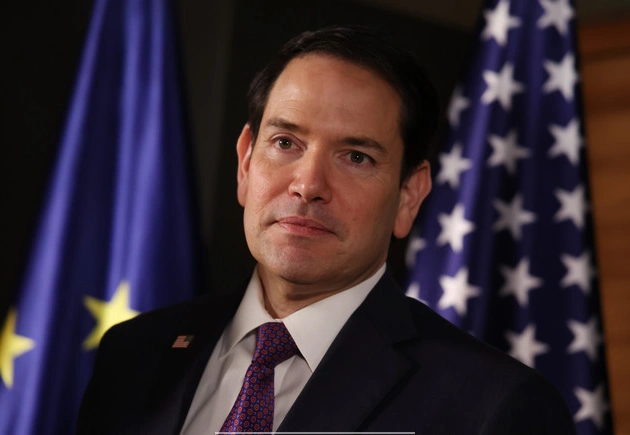
In a surprising turn of events, Peter Marocco, a key figure in the Trump administration’s dismantling of USAID, was abruptly fired by Secretary of State Marco Rubio. This unexpected decision has sent shockwaves through the Republican Party and the MAGA ecosystem, triggering a wave of speculation and controversy.
The Backstory of Marocco’s Dismissal
Contrary to popular belief, Marocco’s dismissal was not a sudden impulse on Rubio’s part. Insights from multiple sources reveal a complex web of disagreements and power struggles that ultimately led to Marocco’s removal. From clashes over operating styles to fundamental disagreements on USAID’s future, the rift between Rubio and Marocco had been brewing for some time.
The Fallout and Political Ramifications
Following Marocco’s ouster, his allies in the MAGA movement rallied to his defense, questioning Rubio’s motives and loyalty to President Trump. The incident exemplifies the ongoing tension between the MAGA faction and more establishment-aligned conservatives, highlighting the broader ideological divide within the party.
As the dust settles, questions linger about the future of USAID and Rubio’s tenure as Secretary of State. While some view Marocco’s removal as a necessary step towards reform, others see it as a betrayal of Trump’s vision for government efficiency.
The Continuing Drama
The aftermath of Marocco’s firing continues to reverberate across the political landscape, with prominent figures like Laura Loomer stirring up further controversy. Rubio’s position within the Trump administration remains precarious, with his actions and alliances under heightened scrutiny from both his supporters and detractors.
Ultimately, the clash between Rubio and Marocco sheds light on the complexities of power dynamics and competing agendas within the Trump administration. The repercussions of this episode are likely to shape the future trajectory of US foreign policy and the internal dynamics of the Republican Party.











